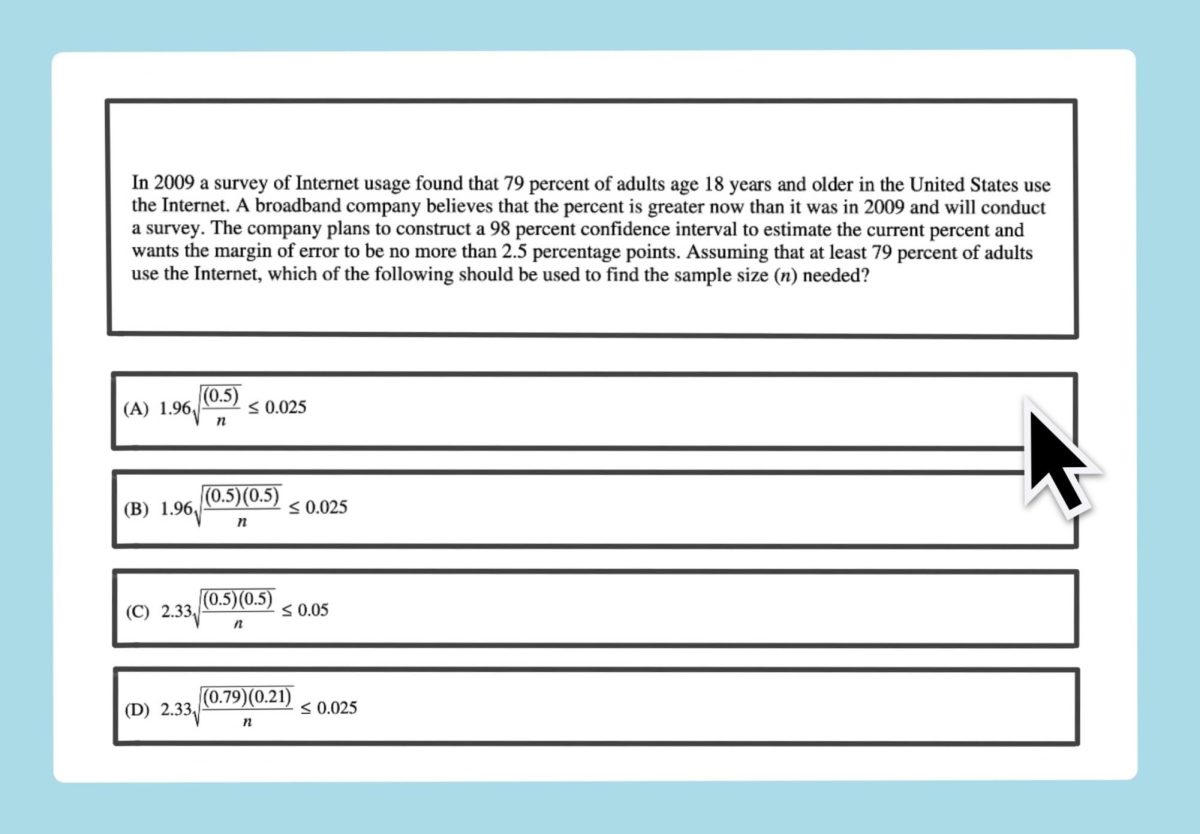What would happen if one food or drink could change the world of medicine? What if tomatoes could cure cancer, or orange juice could eradicate diabetes? Well, Jae Kun Shim, a kinesiologist at the University of Maryland, claims to have made a discovery along these lines.
Shim released preliminary results from an unpublished report that found that high school football players who drank a brand of milk, called Fifth Quarter Fresh, after games and practices performed better on some cognitive and motor tests after a concussion than those who didn’t drink the milk.
According to a study summary and final project presentation obtained by the Baltimore Business Journal but not publicly released, the study consisted of 474 football players from seven different Maryland high schools during the fall 2014 football season. Around 200 players from three schools drank Fifth Quarter Fresh after each practice and game, while 276 players from the other four schools did not. All the players took the Immediate Post-concussion Assessment and Cognitive Test (ImPACT) at the beginning and end of the season and the results were compared.
The company website says that its milk naturally contains 40 percent more protein, calcium and electrolytes than milk found in stores. However, the milk also contains large amounts of sugar — about 42 grams per serving. That is more than most brands of chocolate milk, and puts Fifth Quarter Fresh milk ahead of a Snickers bar, which only contains 27 grams of sugar.
The claim that a special type of milk can help improve cognitive function is doubtful. The study had many problems and misunderstandings, and there is not enough solid evidence for anyone to make a claim this big. An immediate backlash arose from concussion experts, athletic trainers and medical professionals across the country.
The director of the National Center for Professional and Research Ethics at the University of Illinois, C. K. Gunsalus, said that this study was concerning. She had specific issues with the lack of parental permission in the study, reliance on athletic departments to test and provide milk to the players, and the vetting of students by an ethics review board, which is a necessary step for human studies.
“I am very surprised to see university promotional efforts behind preliminary results that have had no other scientific review,” Gunsalus said to the Baltimore Business Journal. “I find it curious and I’m very surprised.”
They study was also very misleading, according to Dr. Dan Taber, a childhood obesity researcher at the University of Texas Health Science Center at Houston. Only 191 of the athletes were used in the actual analysis, and only 16 of those experienced a concussion. Out of those 16 athletes, only seven drank the milk. It is irresponsible to base a decision on how seven athletes responded.
Despite the warnings of professionals, many schools seem to be stockpiling the milk for their athletes. Fifth Quarter Fresh currently contracts with 10 high schools and four colleges.
According to STAT news, Clayton Wilcox, the superintendent of Washington County Public Schools, plans to spend $25,000 on this milk next year and make it available to all his student-athletes.
“There is nothing more important than protecting our student-athletes,” Wilcox said in a university press release. “Now that we understand the findings of this study, we are determined to provide Fifth Quarter Fresh to all of our athletes.”
These preliminary results were introduced at an interesting time. This past year has seen an increase in information about concussions, specifically about their causes and both short-term and long-term effects. Concussions have been all over the news and even the box office, with the Will Smith movie Concussion bringing in a domestic total of around $33.8 million. All of a sudden, there is a new brand of milk that can improve cognitive function? The timing seems suspicious and could very well be a ploy to raise publicity for Fifth Quarter Milk and milk in general, which, according to Eater.com, has seen a decline in sales by almost a third over the past 40 years, from a consumption of roughly 21.8 gallons per year per person in 1970 to 14.5 gallons in 2012.
While milk in general has many health benefits, claiming that drinking a specific brand of milk can stop the effects of concussions is ridiculous. Until there has been more research and the full report is published, no one has any reason to believe that this milk is any more beneficial than standard cow milk.


















